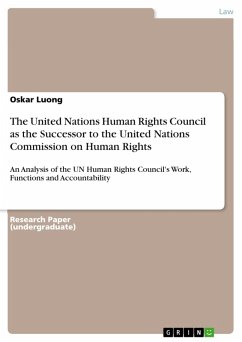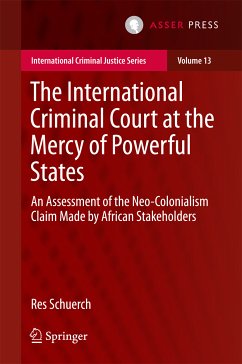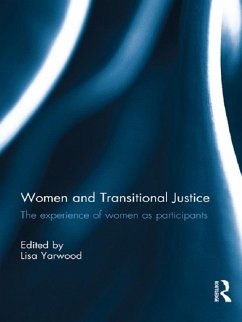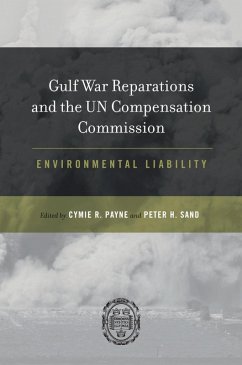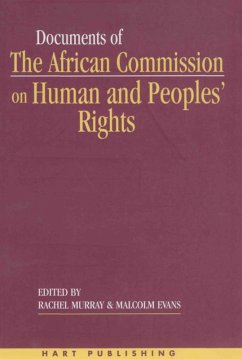
The Commission is the most powerful institution in the EU but the Court of Justice is the most important. (eBook, PDF)

PAYBACK Punkte
0 °P sammeln!
Essay aus dem Jahr 2000 im Fachbereich Jura - Europarecht, Völkerrecht, Internationales Privatrecht, Note: 65 % (=14 Punkte), University of Newcastle upon Tyne (Law School), Veranstaltung: Seminar, Sprache: Deutsch, Abstract: The question is if the European Commission is the most powerful institution in the EU, but the ECJ the most important. Is that true? It is, however, a mixed law and fact question. Looking at the power and the importance of these institutions leads into a similar direction. The Treaties give the institutions different rights and competencies. The factual importance can be...
Essay aus dem Jahr 2000 im Fachbereich Jura - Europarecht, Völkerrecht, Internationales Privatrecht, Note: 65 % (=14 Punkte), University of Newcastle upon Tyne (Law School), Veranstaltung: Seminar, Sprache: Deutsch, Abstract: The question is if the European Commission is the most powerful institution in the EU, but the ECJ the most important. Is that true? It is, however, a mixed law and fact question. Looking at the power and the importance of these institutions leads into a similar direction. The Treaties give the institutions different rights and competencies. The factual importance can be measured by focusing on their actual achievements. The term "institution" refers to all facilities of the Community. The system of the arrangement of the institutions is not created following the principle of the balance of powers known from states' constitutions. Especially there is no strict division between legislative and executive power. Only the judicial power has some kind of its own but factually not pure section. The four main institutions of the European Community are as set out in the Treaty the Parliament, the Council, the Commission and the Court of Justice. The rights of the Parliament are only a few. Generally the Council can be considered as the most powerful and therefore most important institution of the Community (art. 202 et seq. ECT) because it is the main legislator and executes all the important legislation (regulations, directives), only sometimes in co-operation with the Parliament (art. 251 ECT). [...]
Dieser Download kann aus rechtlichen Gründen nur mit Rechnungsadresse in A, B, BG, CY, CZ, D, DK, EW, E, FIN, F, GR, HR, H, IRL, I, LT, L, LR, M, NL, PL, P, R, S, SLO, SK ausgeliefert werden.




